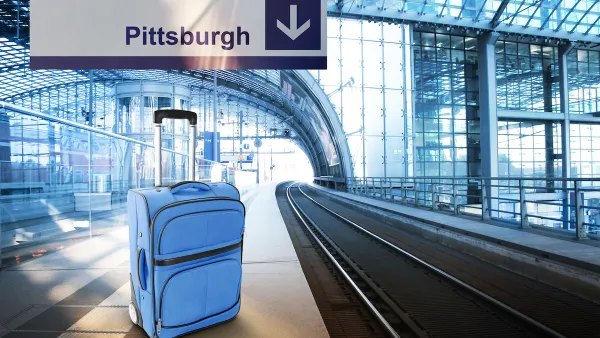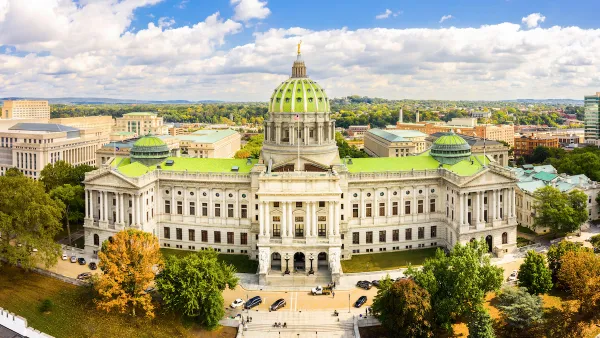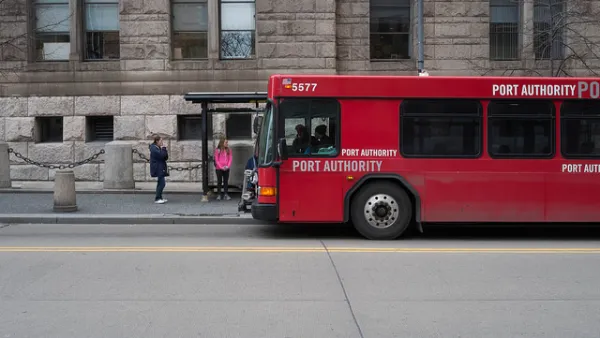The new paradigm of poverty is playing out in Allegheny County, Pennsylvania: the majority of individuals in poverty live the suburbs, where the impacts of poverty are harder to identify.
Recent census figures show that 61 percent of residents living in poverty in Allegheny County, anchored by Pittsburgh, live in the suburbs.
Anya Sostek reports that the region’s historic methods for people to move out of poverty are no longer available: “[using] the example of the Waterfront in Homestead -- once U.S. Steel's Homestead Works, where a kid growing up in Pittsburgh could have a reasonable expectation of someday securing a job paying about $14 an hour. Now, that space is filled with retail jobs paying between $8 and $10.”
Sostek makes general points, such as how the lack of public spaces and dispersed living arrangements in the suburbs can mask the signs of poverty. Also, suburban towns don’t have the same services in place for assisting families and individuals living in poverty, and service cuts can have an exponentiated effect: “budget cuts at the Port Authority of Allegheny County cut back bus service by about 15 percent. For people who had moved there just because of the bus lines, this was life-changing.”
FULL STORY: Majority of Pittsburgh's poor are in suburbs

Analysis: Cybertruck Fatality Rate Far Exceeds That of Ford Pinto
The Tesla Cybertruck was recalled seven times last year.

National Parks Layoffs Will Cause Communities to Lose Billions
Thousands of essential park workers were laid off this week, just before the busy spring break season.

Retro-silient?: America’s First “Eco-burb,” The Woodlands Turns 50
A master-planned community north of Houston offers lessons on green infrastructure and resilient design, but falls short of its founder’s lofty affordability and walkability goals.

Test News Post 1
This is a summary

Analysis: Cybertruck Fatality Rate Far Exceeds That of Ford Pinto
The Tesla Cybertruck was recalled seven times last year.

Test News Headline 46
Test for the image on the front page.
Urban Design for Planners 1: Software Tools
This six-course series explores essential urban design concepts using open source software and equips planners with the tools they need to participate fully in the urban design process.
Planning for Universal Design
Learn the tools for implementing Universal Design in planning regulations.
EMC Planning Group, Inc.
Planetizen
Planetizen
Mpact (formerly Rail~Volution)
Great Falls Development Authority, Inc.
HUDs Office of Policy Development and Research
NYU Wagner Graduate School of Public Service




























